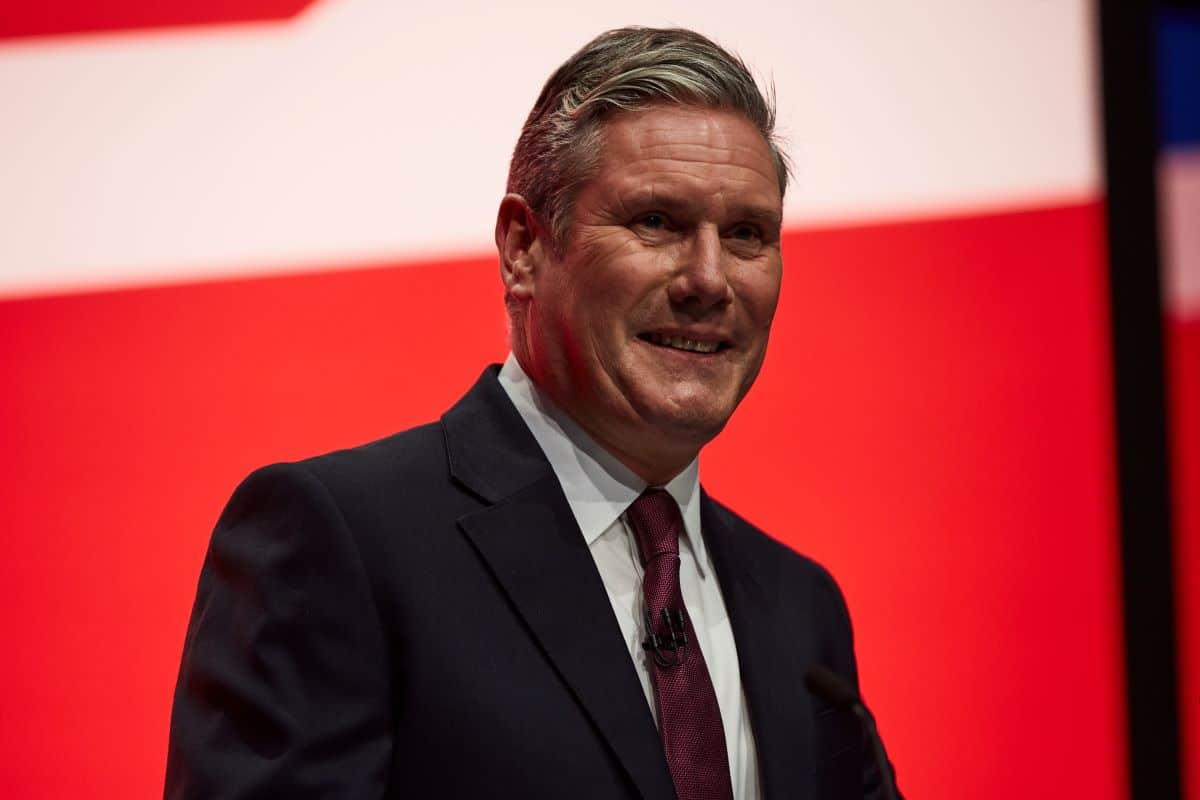Prime Minister Keir Starmer hints at a major policy shift on the controversial two-child benefit cap amid mounting pressure from Labour backbenchers, as ministers warn of a populist rise if Labour fails to deliver. Here’s the full story.
Contentious Two-Child Benefit Cap
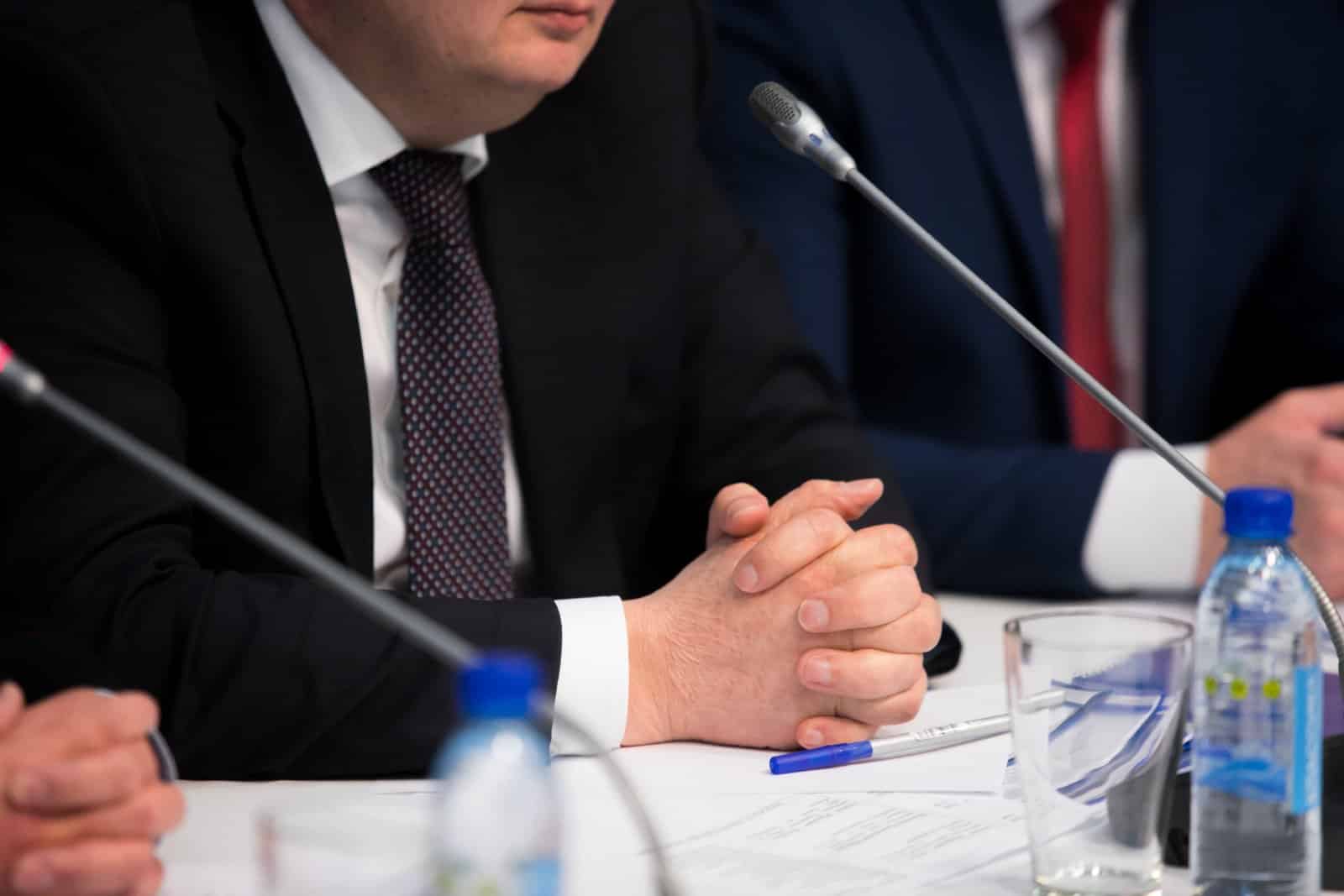
Amid mounting pressure from Labour MPs, Prime Minister Keir Starmer has signalled a potential shift in policy regarding the contentious two-child benefit cap. This policy restricts benefits for families with more than two children and has been a point of contention within the Labour Party and beyond.
Possible Cap Review
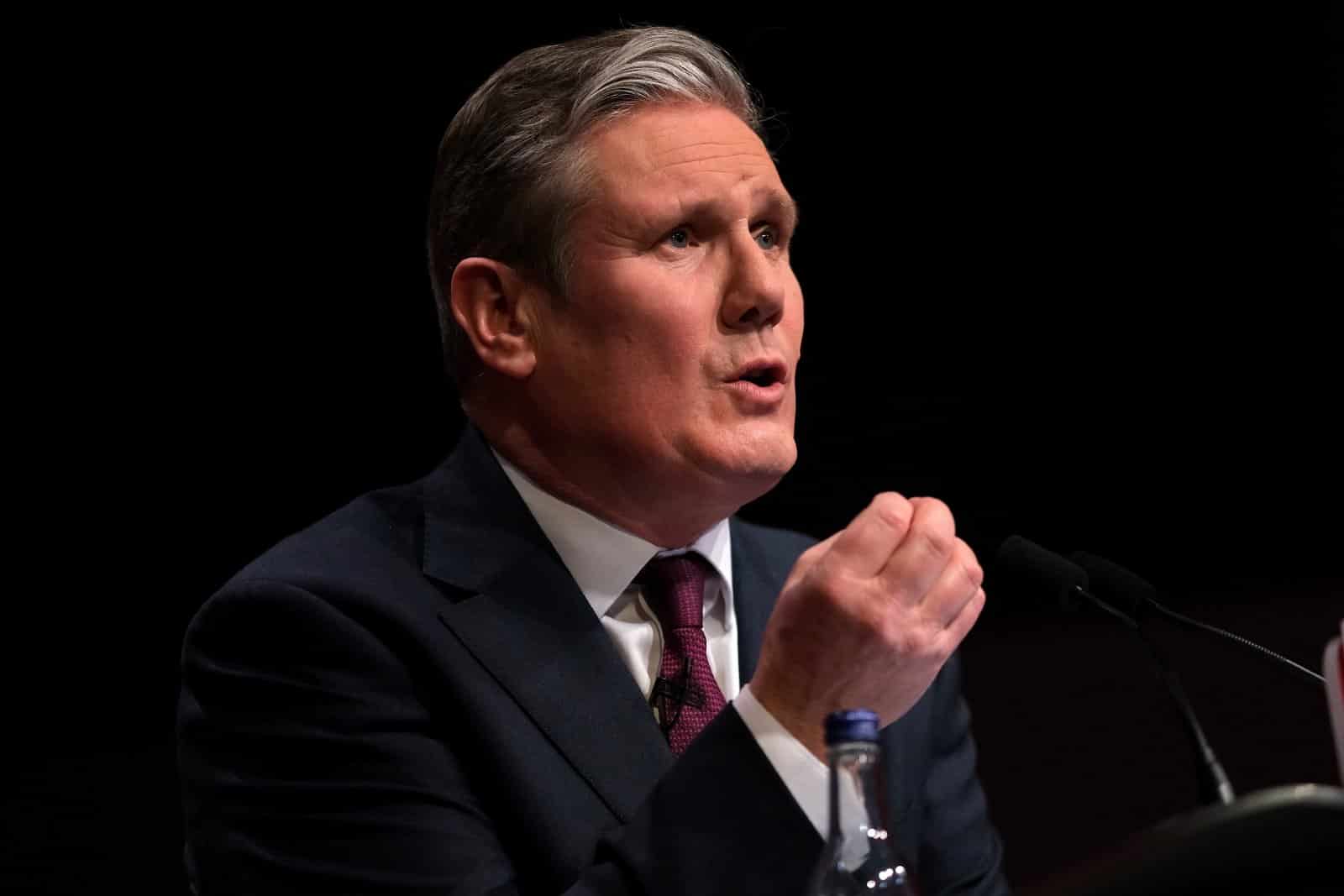
Starmer’s comments, in support of Education Secretary Bridget Phillipson, suggest a willingness to review and possibly remove the cap as part of a broader strategy to combat child poverty.
Phillipson’s Statement
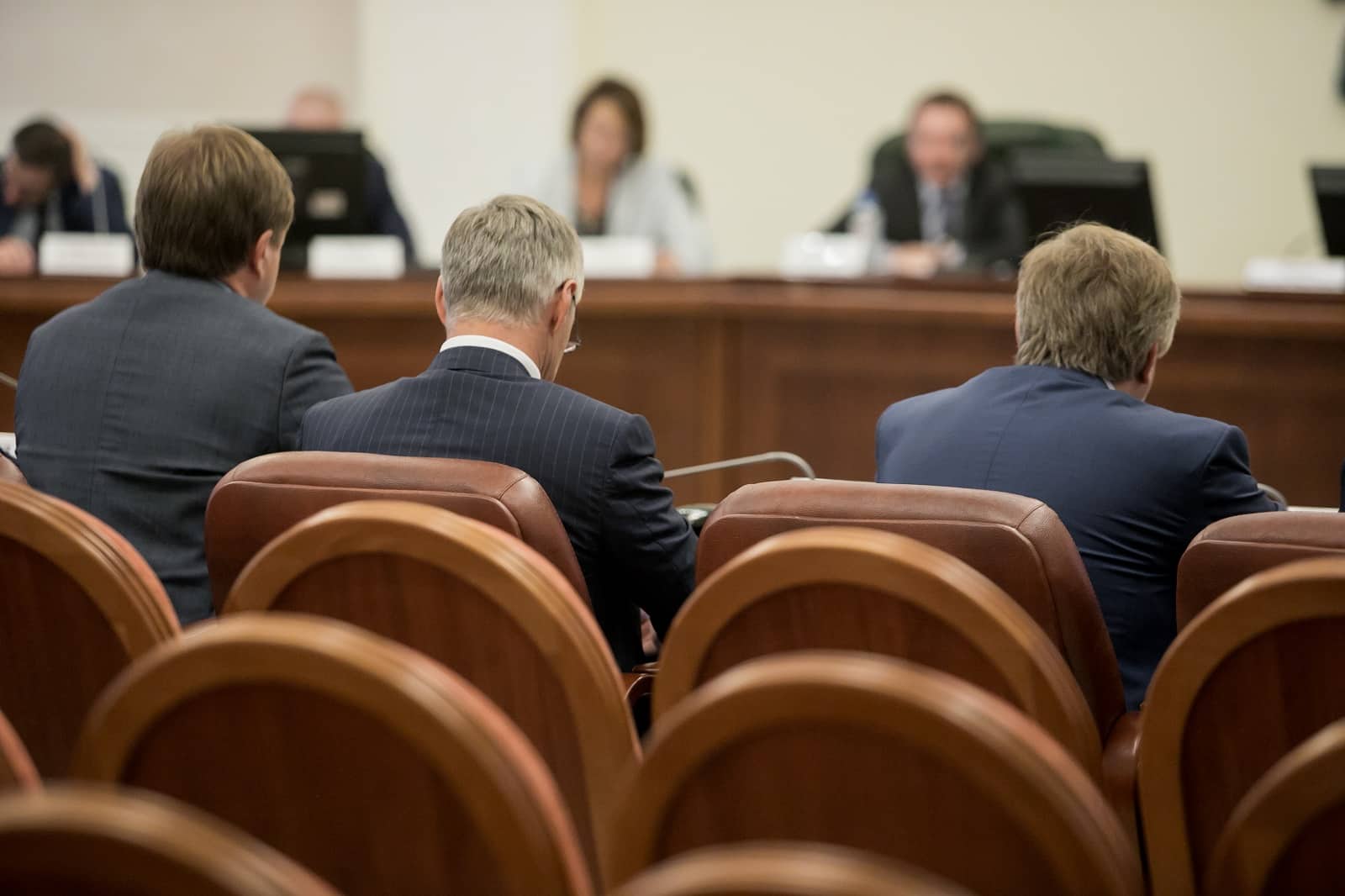
The first potential sign of a shift in government policy came when Phillipson, speaking to Sky News, suggested that the government would “consider [lifting the cap] as one of a number of levers in terms of how we make sure we lift children out of poverty”.
Starmer Endorses Review

Following Phillipson’s statement, during a recent press conference at the Farnborough International Airshow, Starmer endorsed the Education Secretary’s earlier remarks on the need to review the two-child benefit cap.
Agreement and Strategy

Starmer agreed, stating, “What the education secretary said this morning, I agree with … We will make sure that the strategy covers all the bases to drive down child poverty. No child should grow up in poverty.”
Labour Rebellion
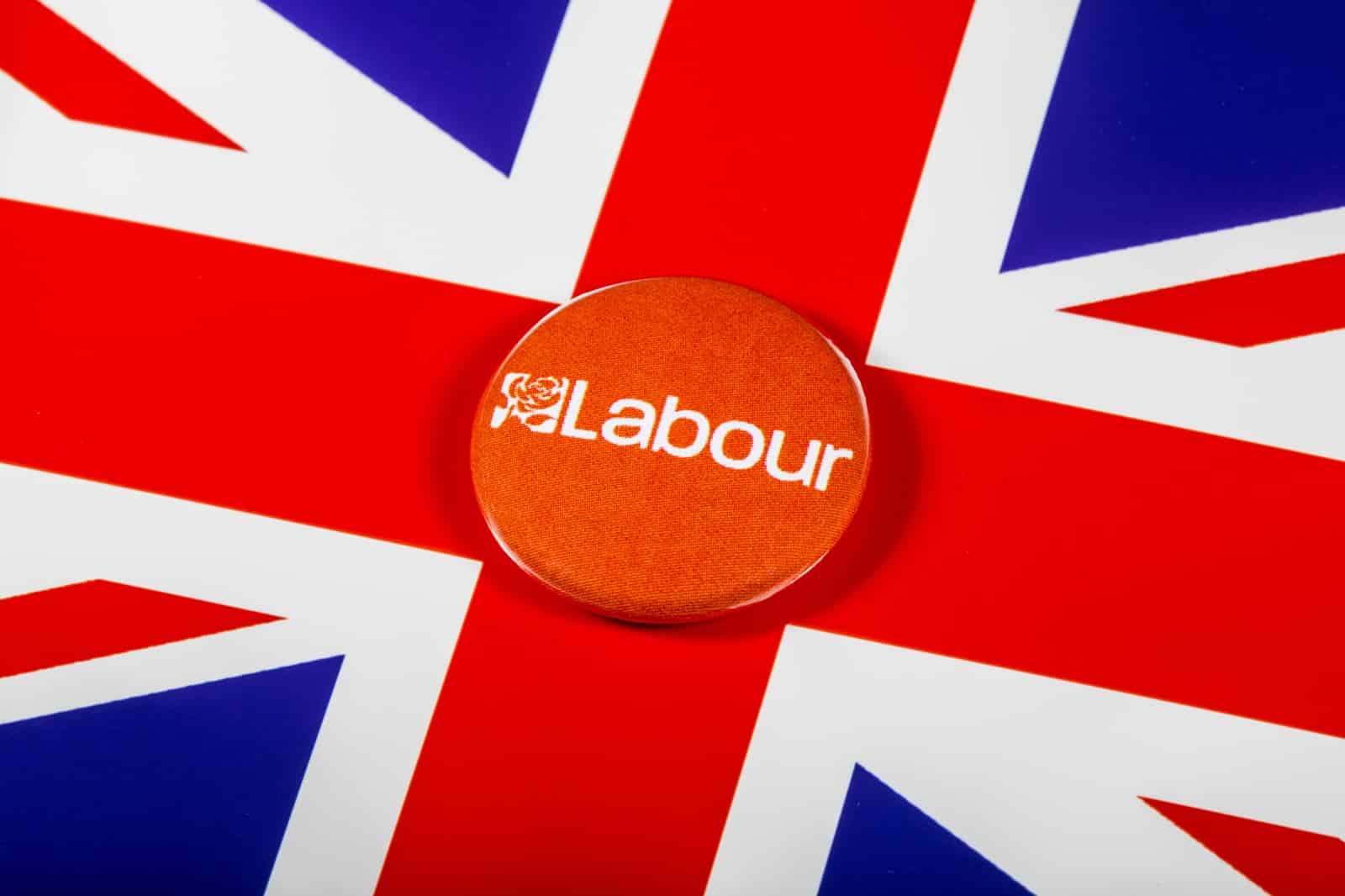
Starmer’s statements come amidst a brewing rebellion from Labour backbenchers who are pressing for the immediate removal of the cap, which many view as the first real test of Starmer’s leadership since becoming Prime Minister. Addressing concerns about internal divisions, Starmer noted, “I’m not surprised that there’s a real passion about this in the Labour party.”
Complex Poverty Factors
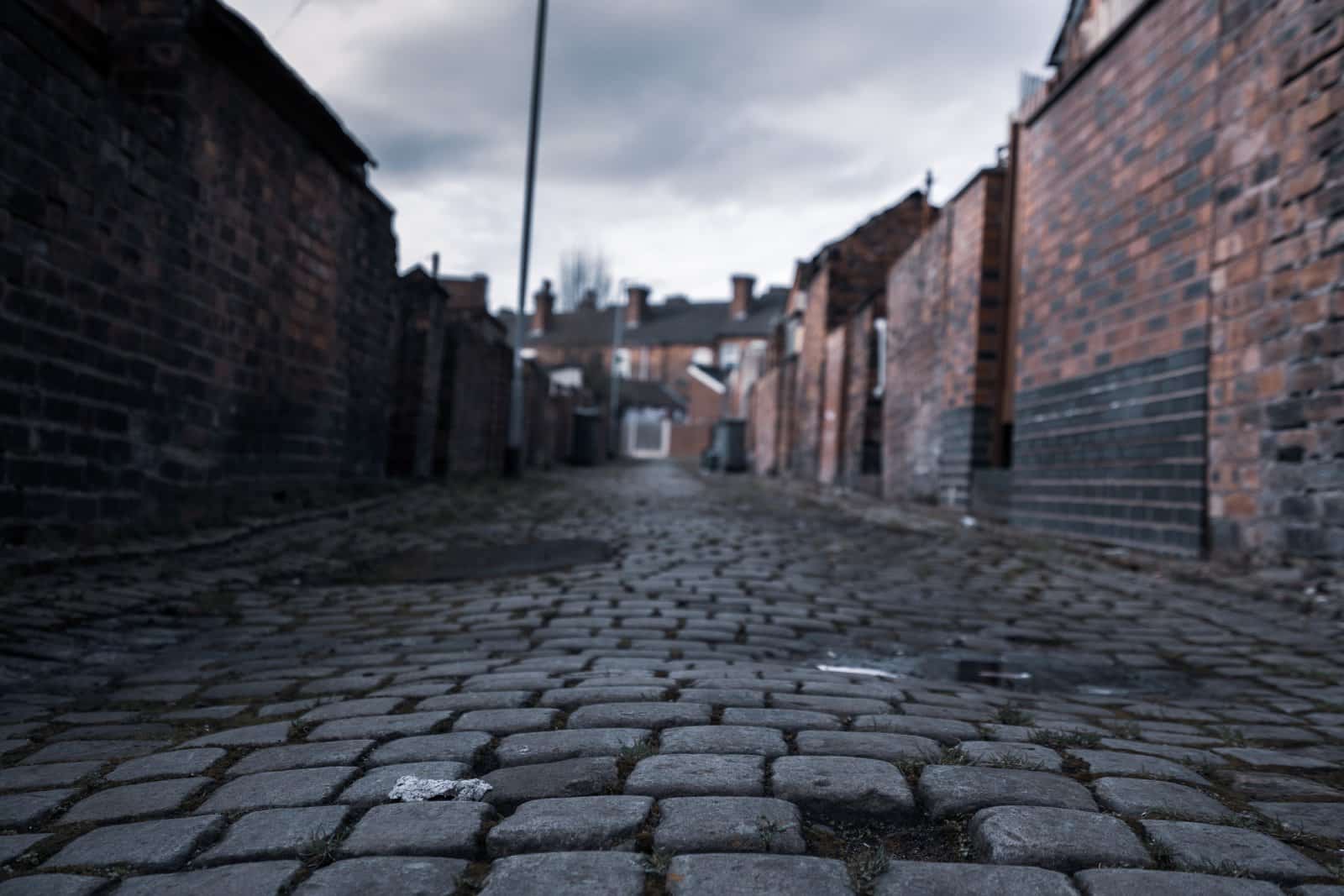
However, Starmer was quick to point out the complexity of addressing child poverty, which he described as resulting from “a complicated set of factors” requiring a multifaceted strategy rather than a single “silver bullet.”
Fiscal Caution
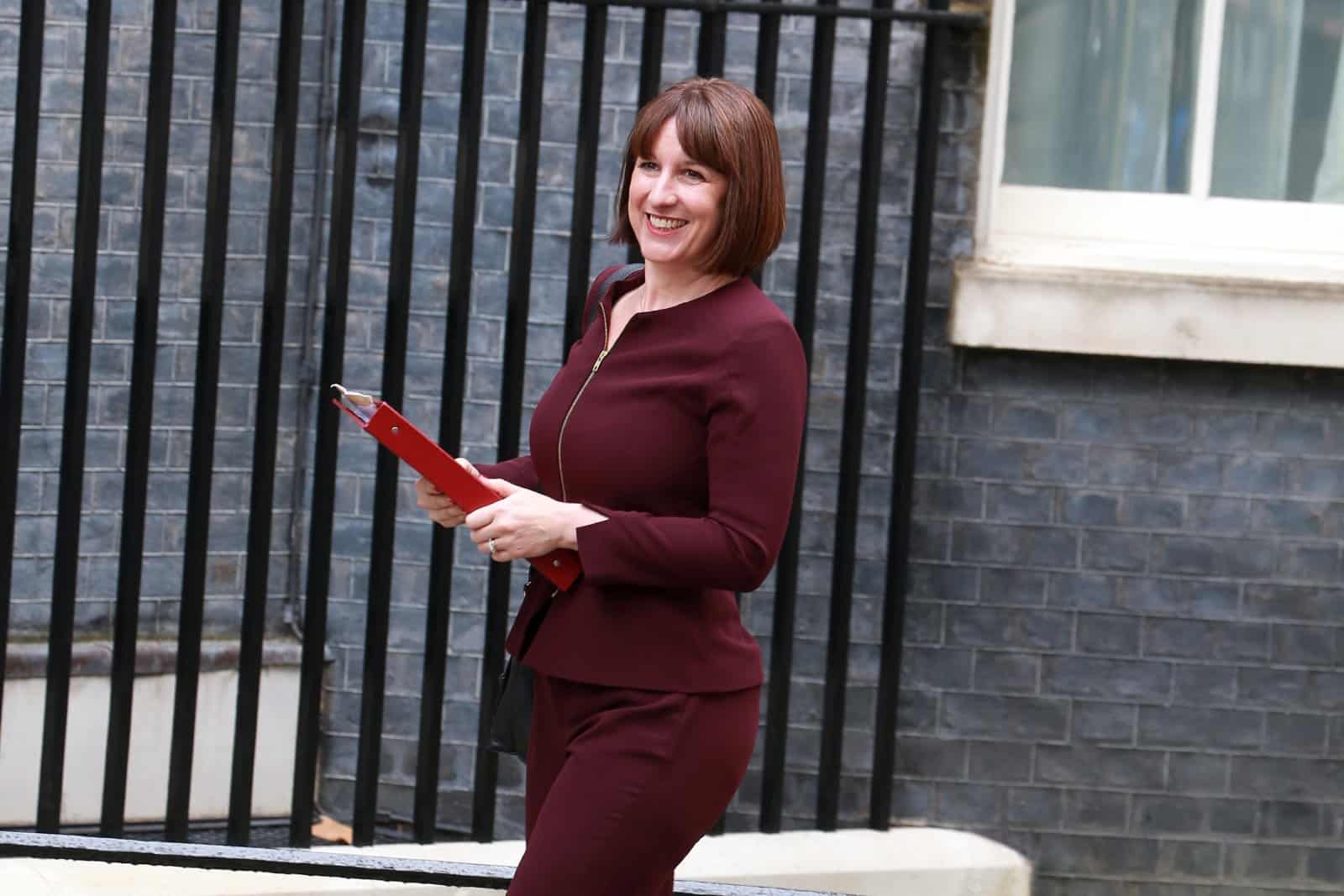
In an attempt to calm those who worry about the cost of scrapping the two-child benefit cap, currently projected to cost £3 billion annually, Reeves told the BBC, “If we’re not able to say where the money is going to come from, we can’t promise to do it. That’s true when it comes to the two-child limit and anything else.” This fiscal caution underscores the challenges faced by the Labour government in balancing social policy aspirations with economic realities.
Upcoming Debate

The issue is set to be a focal point in the upcoming King’s Speech debate, where Labour, Scottish National Party, Liberal Democrat, and some, interestingly, considering their party introduced the cap, even some Conservative MPs are expected to criticise the government’s stance on keeping the two-child limit.
Child Poverty Task Force

In an attempt to quell the simmering rebellion, the government has established a child poverty task force to explore various measures to alleviate child poverty. The two-child cap is one of the most expensive options under review. The task force’s findings and recommendations will be vital in shaping the government’s approach to tackling the devastating impact of child poverty, which many view as a blight on the face of the sixth richest nation on earth.
Crucial Timing
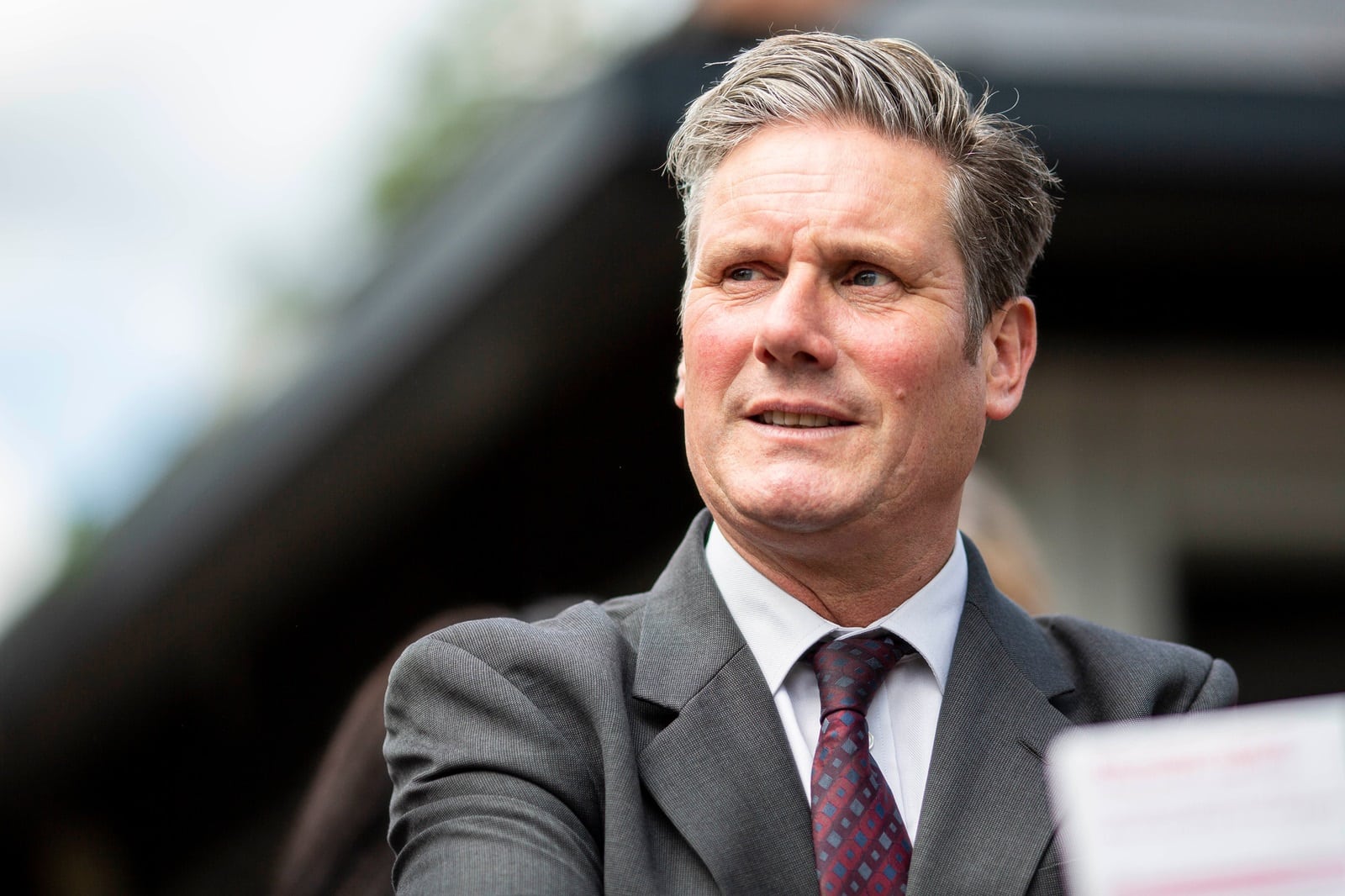
The timing of Starmer’s apparent change of direction over the two-child benefit cap could not be more crucial for the new Labour government. Key cabinet members, including Chancellor Rachel Reeves, Foreign Secretary David Lammy, and Health Secretary Wes Streeting, have all expressed serious concerns in a scheduled BBC documentary over the potential rise of populism if Labour fails to deliver on its promises.
Risk of Populism
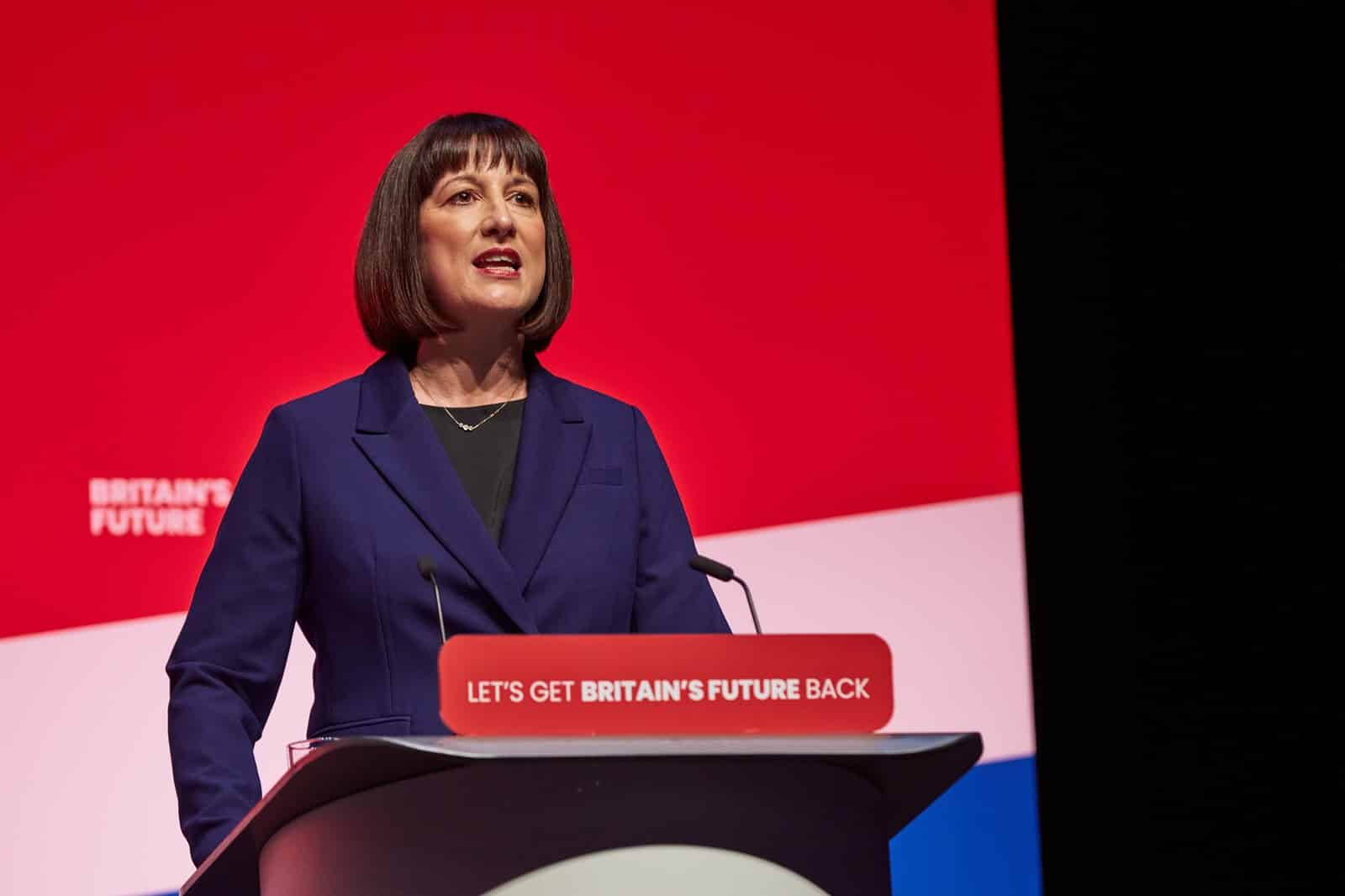
Reeves warned that failure to act on many of the country’s most important issues, including the soaring rates of child poverty, could be seen as “an institutional failing” of mainstream politics, leading voters to turn towards populist alternatives on the left and right.
Delivering Tangible Improvements
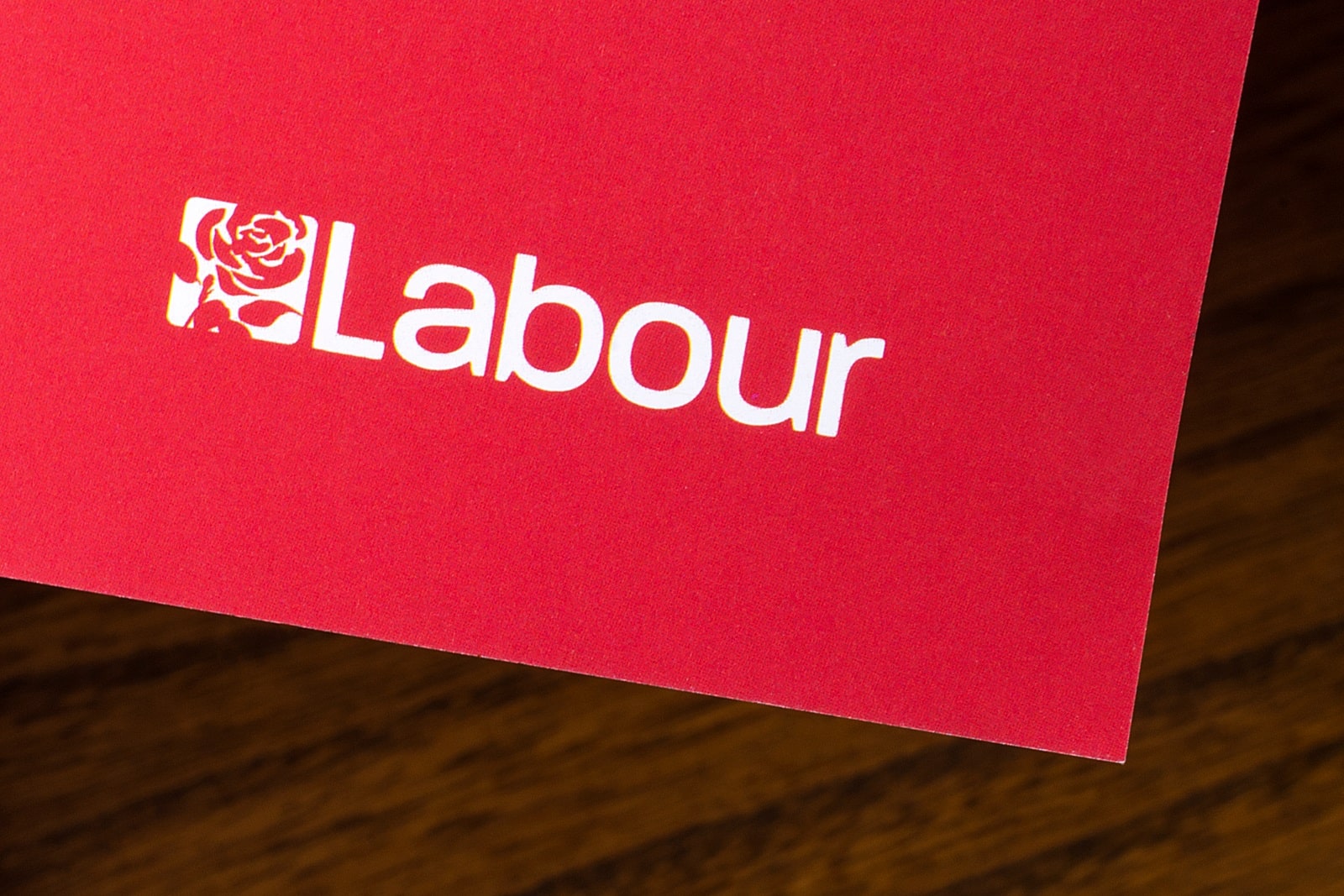
The Labour leadership is acutely aware of the stakes involved. Streeting, facing significant pressure in his constituency, emphasised the importance of tangible improvements in public services, particularly the NHS, where he promised noticeable improvements within a year.
Heavy Weight of Expectations
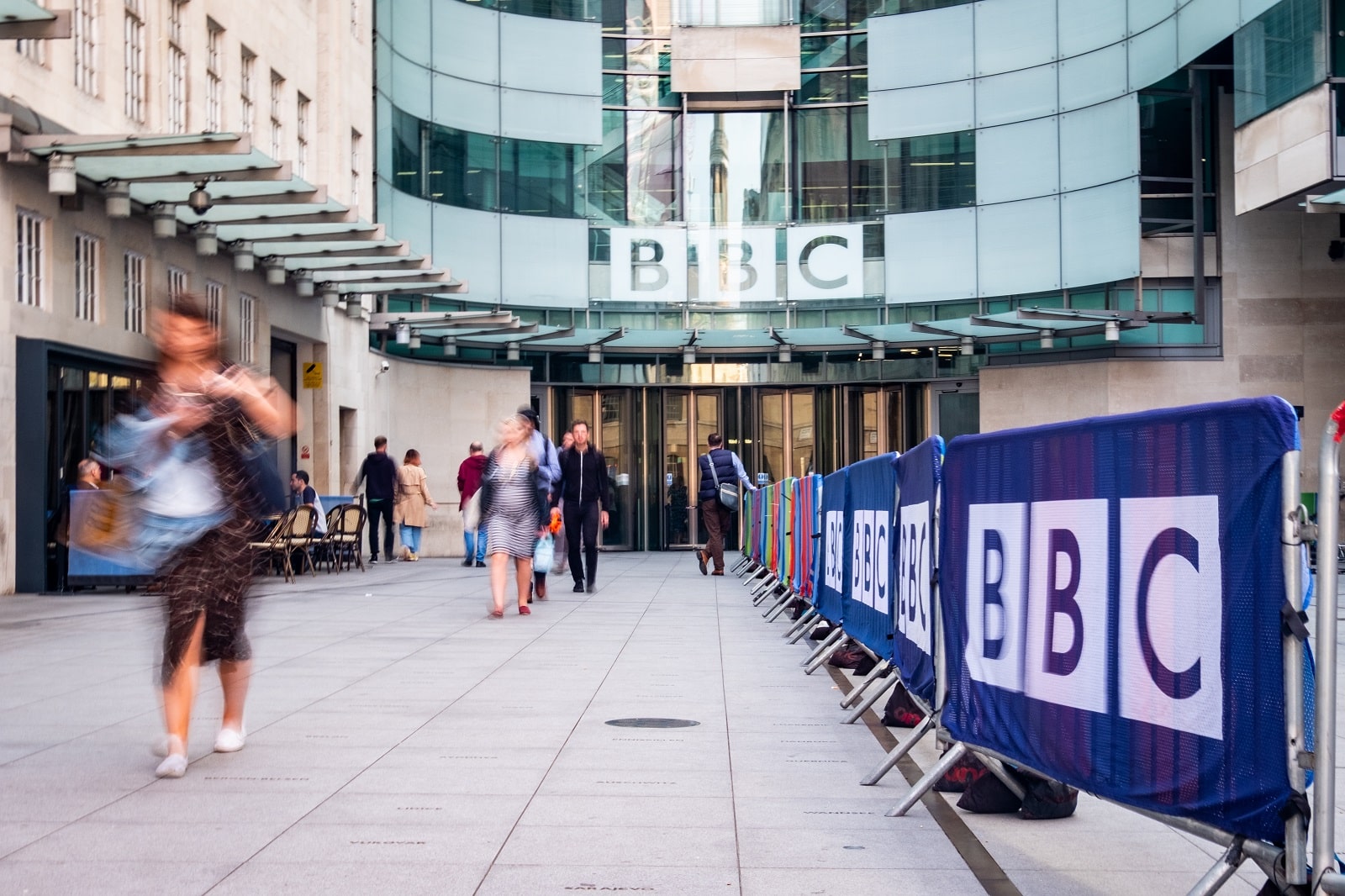
Speaking to the BBC, Streeting stated, “Unless we deliver, people will lose hope and they will turn to the siren voices of populism. So I feel that heavy weight on our shoulders.”
Balancing Justice and Prudence

As the Labour government under Prime Minister Keir Starmer attempts to navigate this issue, the coming days will be pivotal in determining its ability to balance social justice issues with the need to show economic prudence. The outcome of the debates and decisions on the two-child benefit cap will not only impact millions of lives but may also be the first real test of Labour’s ability to change lives for the better since being elected.
Awaiting Final Decision
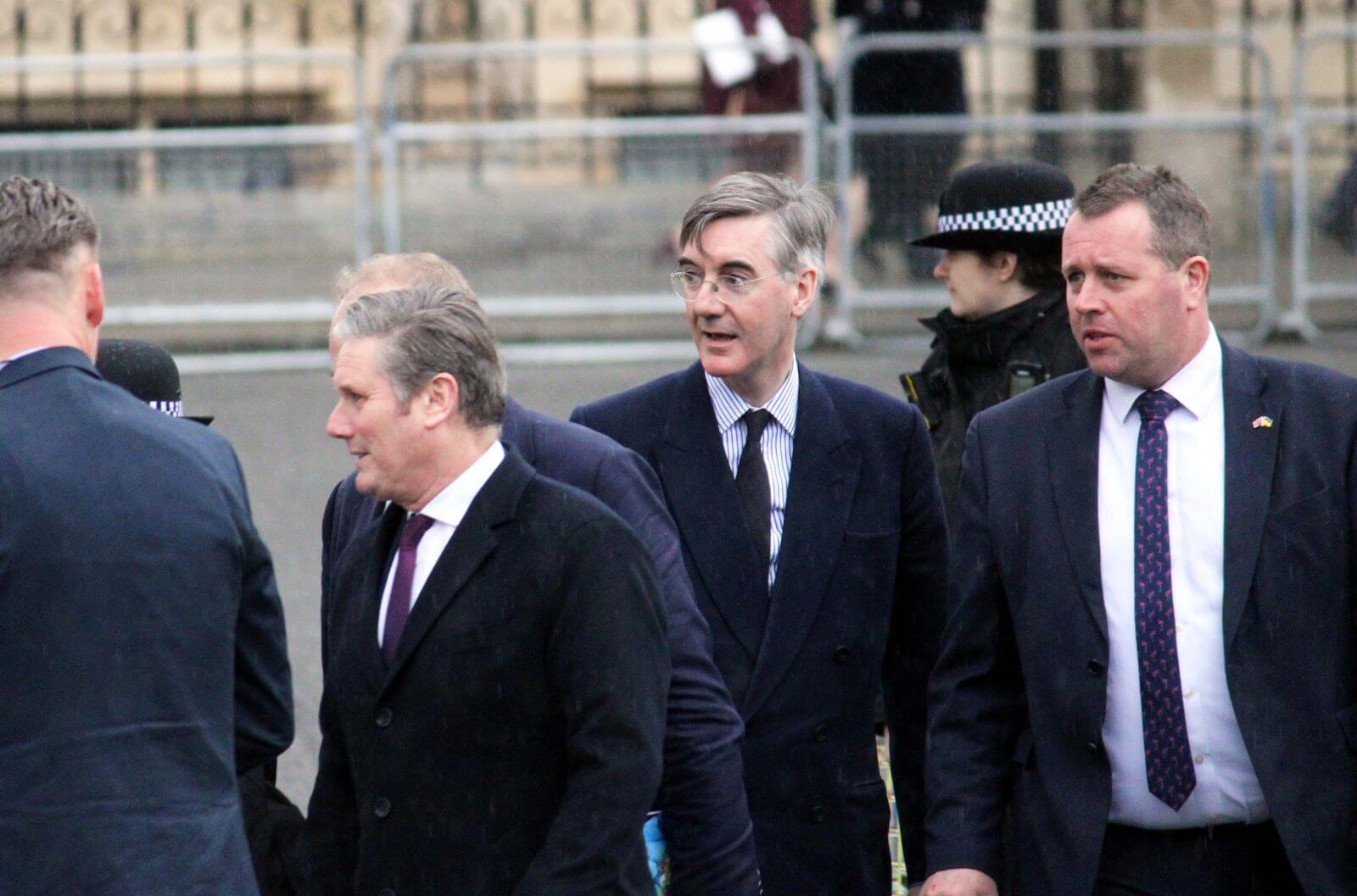
Until then, it remains to be seen what Starmer’s ultimate decision will be and what that might mean for the future of politics in the UK.
Featured Image Credit: Shutterstock / Martin Suker.

